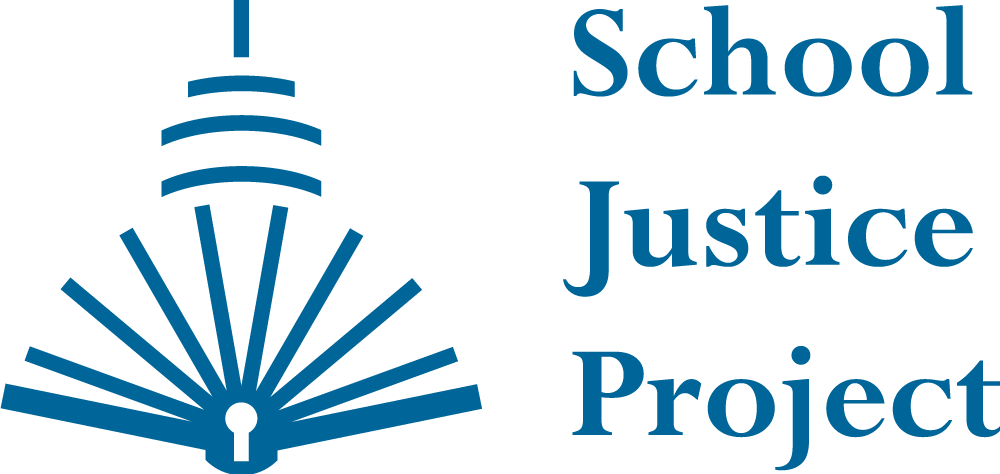Challenges for Youth in Detention: The Battle of the Local Education Agencies
CONTEXT:
Students in DC come from many District of Columbia Public Schools (DCPS) schools and dozens of public charter schools. Students may also come from non-DC schools, such as Prince George’s County Public Schools and other schools from surrounding counties.
When detained in the Youth Services Center (YSC), DCPS is responsible for making sure these students are enrolled in school and that the YSC school provides the students with what they need. When students get to YSC, their community school loses access to their files, and YSC has access to the student.
PROBLEMS:
Lack of Education Continuity: When detained in YSC, the student may not be able to enroll in the same classes they were taking in the community. YSC may not even know what classes the student was taking.
Inability to Earn Credits: Students at YSC are generally not there long enough to accrue credits. Many of the grades they do earn do not transfer back to their community school and are not reflected on their transcripts or progress reports. This means that students lose weeks or months of coursework and return to their community school with failing grades.
No Special Education for Non-DC Students: While DCPS is responsible for special education, it does not receive Individualized Education Programs (IEPs) from schools outside of DC. The students detained in YSC from a non-DC school do not receive special education services.
Re-Enrollment Delays and Prohibitions: Students detained in YSC are withdrawn from their community school and have to re-enroll upon release. Some DCPS principals will not allow re-enrollment until the student meets with the Principal. This causes unnecessary delays. If the student came to YSC from a charter school, the charter will already have given away the student’s space to someone on the waiting list and will then refuse enrollment, saying they no longer have space.
POTENTIAL SOLUTIONS:
School Collaboration on Current Courses: Rather than assign classes to students at YSC at random or based on what is available at YSC at the time, YSC and the student’s community school should collaborate on current course load to ensure that each student is enrolled in appropriate classes.
Work Follows Students: Rather than require credit accrual as basis to transfer credits, YSC instead should transmit work completed with the grades to the community school so that school can incorporate the work into the courses.
Changes to Technology: A major barrier is that only one school can access a student’s enrollment and special education records at a time. While this originated to protect student private, the impact is that it delays educational services for students when they enter and exit detention.
Cross Agency Collaboration: Consider DC’s Olmstead annual plan process and document as a model. Key agencies would include OSSE, DCPS, DYRS, CFSA, DBH, DME, and Superior Court. Other stakeholders should include community-based organizations and students.
Legislative Fix: Provide a legislative fix for issues that cannot be addressed otherwise.
